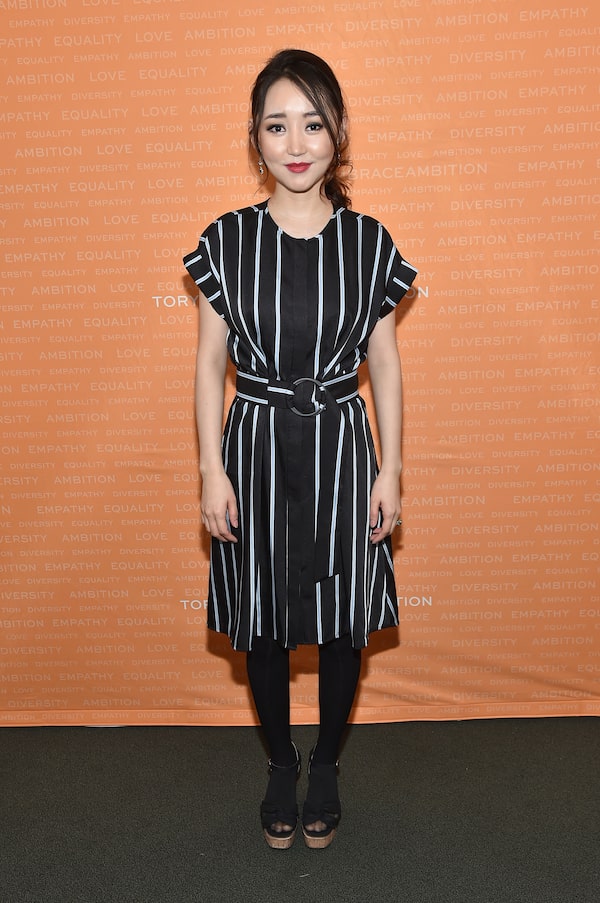When Yeonmi Park walked past someone dying on the street in her hometown of Hyesan, North Korea, she didn’t try to help them. She didn’t feel bad, she said, because she didn’t feel anything at all.
“I didn’t feel compassion, because I hadn’t learned compassion,” she said Friday at the 2019 TED conference in Vancouver.

Activist Yeonmi Park in 2018.Mike Coppola/Getty Images
Ms. Park was born in 1993, growing up along North Korea’s border with China. Before she was 10, her father was arrested and sent to a labour camp for smuggling goods such as sugar, rice, and copper.
She lived in darkness, the lights from the nearest Chinese city casting a distant glow into the nighttime sky. At age 13, she fled the country along with her sister and mother.
“I wondered, if I go where the light is, I might be able to find a bowl of rice,” she said.
Human traffickers smuggled the family across the border. She eventually made her way to South Korea and later to the United States.
If she walked past someone dying today, she would do anything to help them, she said, because she now understands what compassion is, along with other emotions, such as empathy and even love.
“There’s no concept of romantic love in North Korea. If you don’t know the words, that means you don’t understand the concept, and therefore you don’t even realize that concept is even a possibility,” she said.
“In North Korea, the word love has only one meaning: love for the Dear Leader.”
Ms. Park, who works as a human rights activist in New York and is now a U.S. citizen. criticized U.S. President Donald Trump for being soft on North Korean leader Kim Jong-un and for not pressing him on human rights.
Living in the West has also taught her the value of critical thinking, she said.
“If you have never practised critical thinking, then you simply see what you’re told to see,” she said, adding that this is why North Koreans will never revolt.
“If you don’t know you’re a slave, if you don’t know you’re isolated or oppressed, how do you fight to be free?”